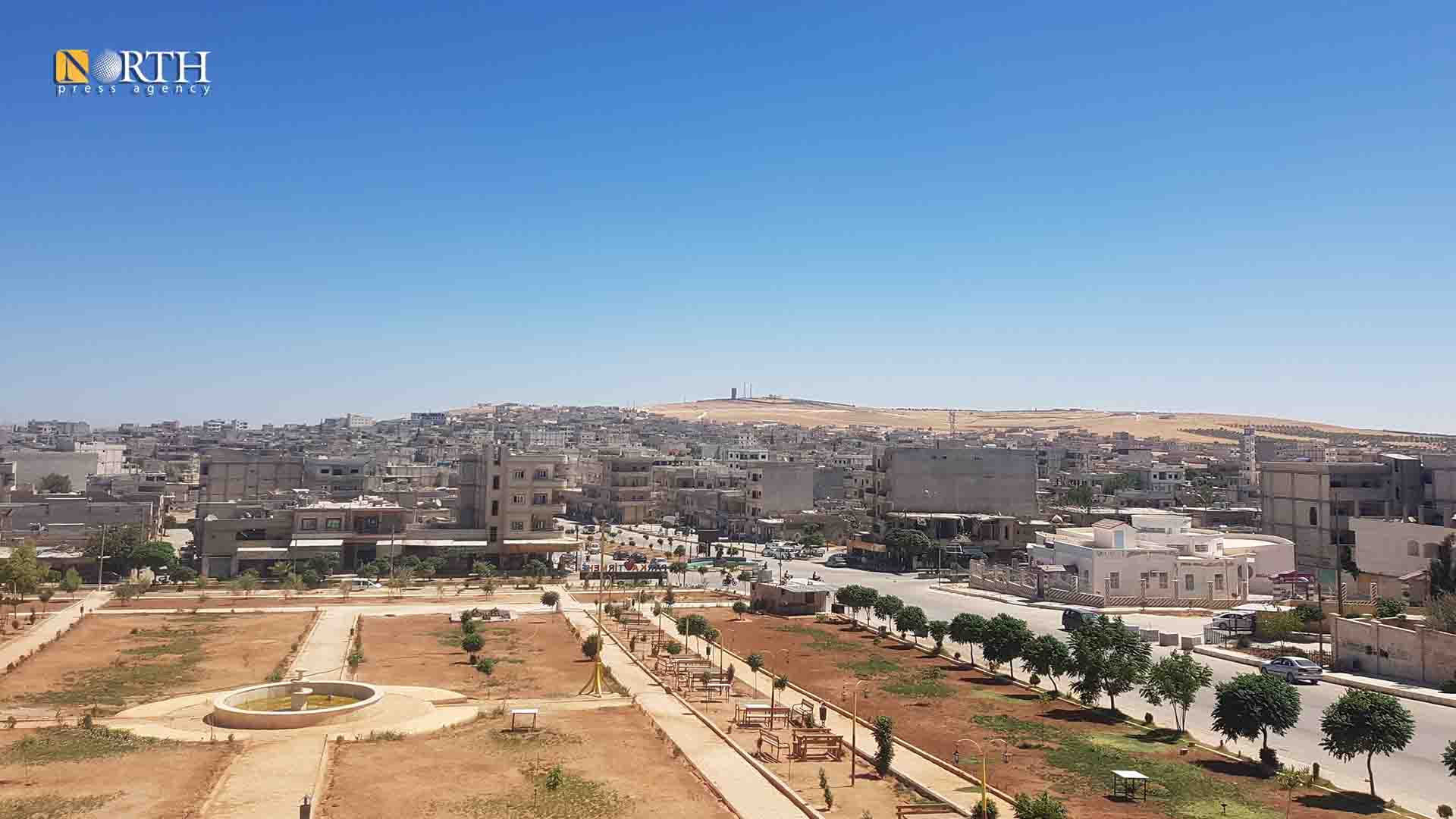KOBANI, Syria (North Press) – Residents in Kobani city complain about purchasing materials and goods at the same price as before the decline in the value of the dollar and the recovery of the Syrian pound as compared to one month prior.
Merchants attributed the reasons for the rise in the goods to the high value of the dollar, but with a decrease in its value by nearly 30%, people still buy goods at the same high prices, in addition to the variation in the price of goods from one store to another.
Fatima Ahmed, who works in a dress shop, told North Press that she took advantage of the low value of the dollar to take a good amount of cosmetic supplies, which in the last period witnessed an unprecedented rise in price.
Ahmed said that she was shocked at the high prices despite the falling value of the dollar. “A box of hair spray was 3,000 Syrian pounds, and is still at the same price.”
She also added that “the shop owner told me that they will sell at the same old price until the quantity in the store runs out, and they are not forced to sell at the lowest value of what they bought.”
On the other hand, Adel Keno, the owner of a supermarket, told North Press that “children’s food has not witnessed any decrease in its prices, such as juice, biscuits, and chocolate, as well as coffee and detergents, although all these goods are from Syrian industries.”
The Supply Directorate in Kobani city has taken a set of secret measures to punish shopkeepers who are still selling the materials at the price they had before the dollar’s decline.
Ahmed Daban, the co-chair of the Supply Directorate, told North Press that they have committees in all neighborhoods that monitor prices and report store owners that sell at high prices, adding that more than 25 shops were fined during the past two days.
The official appealed to the people to report shop owners that sell at high prices so they may be held legally accountable.
Goods enter the markets of Kobani from the city of Manbij through merchants, some of which are imported from Turkey through the Umm al-Jadh and al-Tayeh crossings, and some are from the factories of Manbij itself.

